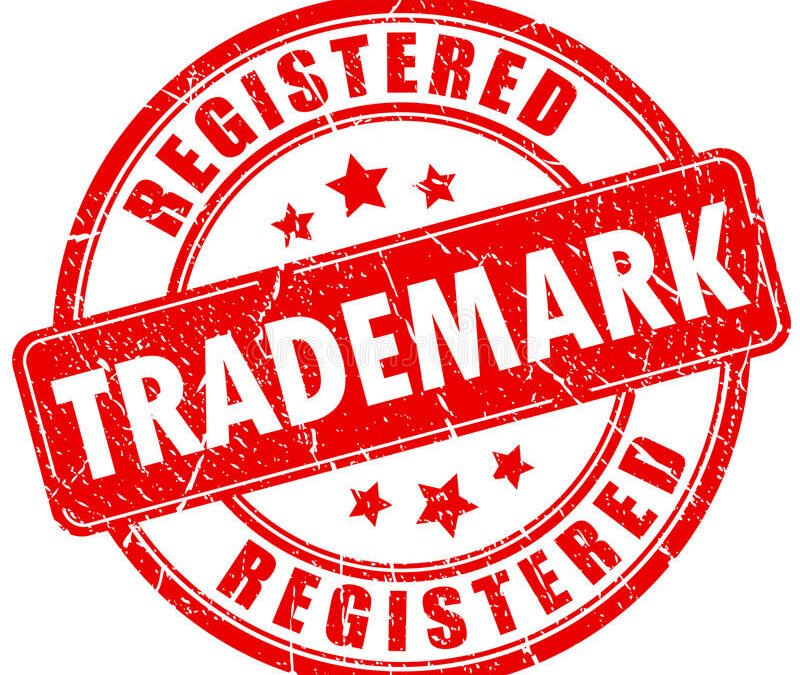Music Trademark Registration Service
Our Music Trademark Registration Service at 1710Media is specifically tailored to the unique needs of Musicians, Music companies, and other entities in the Nigerian Music industry. We understand the importance of protecting your musical brand and intellectual property.

We are committed to protecting your music brand's identity, ensuring your intellectual property rights are secure, and helping you establish a strong presence in the music industry.
Our Trademark Registration Service provides musicians with expert assistance in protecting their brand identity and intellectual property rights. With a team of experienced Chartered Secretaries and I.P attorneys specializing in trademarks for the Music and Entertainment industry, 1710Media aims to simplify the registration process and ensure musicians can secure legal protection for their band names, logos, and other identifying elements.
Taking the burden off musicians, we submit the trademark application on their behalf, ensuring correct filing and timely submission. Our service handles all aspects of preparing the trademark application, ensuring compliance with the Federal Ministry of Industry, Trade & Investment requirements. We handle documentation preparation, including the application form, descriptions, trademark samples, and supporting evidence.
Throughout the registration process, we diligently monitor the application's progress and address any office actions or objections that may arise. Our goal is to provide musicians with a streamlined and effective trademark registration experience.
Benefits
Trademarking your brand as a musician in Nigeria offers several benefits. Here are some specific advantages of trademark registration in Nigeria:
Start Trademark Registration
Get started with Trademark Registration Service.
Complete the form below to begin the process.
Features
Here are the Features included in our Music Trademark Registration Service:
FAQs
Check out some of the Most Frequently asked questions relating to Music Trademark Registration:
Trademarks, similarly to copyrights, are a form of protection. They tend to protect anything that’s used to brand a good or service. In terms of the music industry, you can protect your name, as well as your logo, song titles, and phrases included in your lyrics or symbols.
As a form of identifier, trademarks are used to help people identify the source of the product or the service. Trademarks aim to prevent any unfair competition, such as someone causing confusion by having a name/logo/slogan similar to yours or entirely the same.
This means that trademark protection legally reassures artists that no other musicians or bands can take advantage of particular identifying factors to confuse the buying public. It may for instance happen that another band performs under the same name as you do, causing misunderstandings among your fans. Instead of buying tickets to your gig, they may mistakenly buy tickets to the other band’s concert. In such a case, trademarking the band’s name will prevent you from encountering such situations.
Trademark registration is important for musicians as it helps protect their brand identity, logos, band names, or stage names. By registering a trademark, musicians can prevent others from using similar marks that could cause confusion among consumers. Trademarks provide legal rights and give musicians exclusive ownership and control over their unique brand assets.
In the music industry, various elements can be trademarked, including band names, stage names, logos, album titles, and slogans. Trademarks can also extend to merchandise, such as clothing and accessories, associated with the artist's brand. It's important to ensure that the mark is distinctive, not generic, and is not already in use by someone else.
It is advisable to consider trademark registration as soon as you have established a distinctive brand or mark in the music industry. Early registration helps protect your rights and prevents others from using similar marks. However, you can apply for trademark registration at any stage, provided you meet the requirements and the mark is in use or intended to be used in commerce.
Yes, we provide comprehensive assistance with the music trademark registration process. Our service includes conducting a thorough trademark search to ensure the mark is available for registration, preparing the necessary documentation, filing the application, and guiding you through the entire process. We aim to simplify the process and protect your unique brand assets.
Just like trademarks, copyrights, too, are a type of property protection.
Copyrights are used to protect the creative, original works of art and provide the rights to artistic works that have been created through a tangible medium, such as digital track, tape, disk, or other formats.
They are essential for the protection of almost any type of artistic expression. These are namely, in the context of music, sound recordings, and musical compositions, but also lyrics, melodies, arrangements, performances, etc.
While copyrights tend to protect the artistic side of intellectual property, trademarks protect their commercial side aligned with the law.
More importantly, however, trademarks are used to protect the unique and specific identification of a brand in our case, the artist or the band, and the product. meaning their name, the album’s or song’s name, slogan, logo, etc. Meanwhile, copyright in music shall prevent unauthorized copying, reproduction, or distribution of a specific piece of work.
Additionally, copyright is generated automatically upon the creation of work. However, one needs to take additional steps to ensure that the copyright is enforced. (Note: this very much depends on where you are based - e.g in Europe, no further registration is required to enforce the copyright protections, but in the USA, you need to register the copyright with the Copyright Office). Trademark protection needs to be applied for.
Although the duration of trademark protection can vary, the most common duration period is 10 years. Afterward, the validity of the trademark can be prolonged indefinitely as long as the trademark is still used in commerce. You will need to pay renewal fees to prolong the validity of your trademark.
Sometimes it happens that the trademark owner decides not to use the trademark anymore. In such a case, after three years of not being used in commerce, the trademark falls through, after being presumed abandoned.